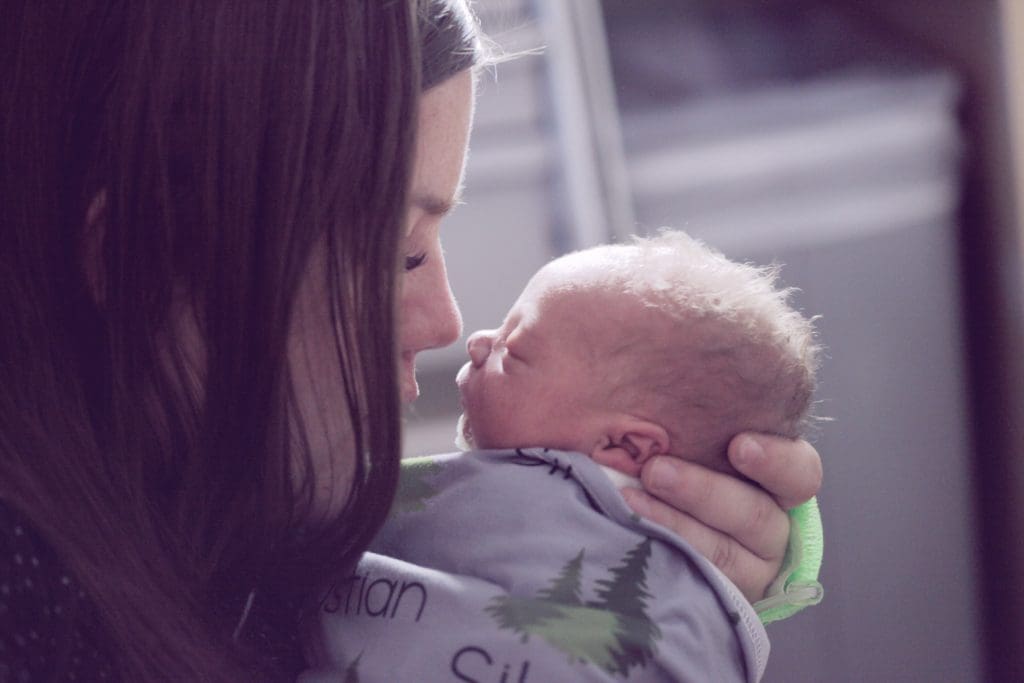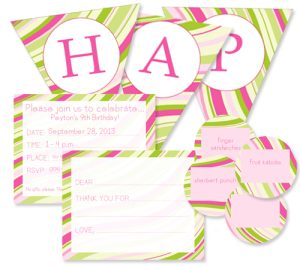Table of Contents
What Every New Parent Needs to Know
You have been preparing for your newborn for some time getting clothing, furniture, and other items. Now the time has come to welcome your newborn. As a parent of a newborn baby, you know that some things come naturally while others don’t. The first few days with your little human being can be magical and overwhelming too. You come home from the hospital, and it dawns on you that you didn’t bring a manual for how to care for the tiny, beautiful creature. Luckily, babies are more reliable than many parents imagine, and you will figure out everything a day at a time. Here are guidelines to get you started on this incredible journey of parenthood.

1. Care starts from the hospital
Consider staying with your newborn baby in your room instead of leaving them in the nursery. That way, you will have the chance to breastfeed them. Request the nurses not to give your baby formula unless you aren’t planning on breastfeeding
Also, ask your relatives and friends to wait a little longer before visiting you in the hospital. Although they will want to visit as soon as possible, you should keep them at bay. That way, you will bond with your bundle of joy.
Dress your baby well. That cute outfit is enticing, but it might not be the best for now. Babies cannot standardize their body temperature until they are about six months old. That is why you should dress your baby well. Also, avoid overdressing them as they might sweat and consequently get a cold.
Lastly, after you get home, and the weaning process is done, getting baby food from a nutritionist is better than doing it alone because an expert knows how to balance the required nutrients. With that said, you can think of ordering baby food delivery because it’s one of the easiest ways to keep your child healthy. An infant’s diet is the key to good health throughout their life span, so for new parents, you can check this organic baby formula; its a great option when you want peace of mind for what you are feeding your newborn.
2. How to hold your baby
Your newborn might feel delicate and fragile, but don’t be scared of touching, holding, or handling them. Studies have proven that babies who experience a mother’s touch more than two hours a day do well. Your newborn’s neck muscles aren’t developed entirely. So, you ought to support the head whenever you pick them up. Also, support the head against your shoulder with the other hand when carrying them.
3. Caring for the umbilical cord
This fantastic organ has kept your child nourished throughout your pregnancy. Now that your newborn baby is outside, he doesn’t need it anymore. The umbilical cord will break naturally, but a lot of care is required in the meantime. That happens within two weeks after birth. You don’t want to get it infected because that means you may deal with meds at a young age.
After every diaper change, wipe the stomach area gently with clean, warm water. Ensure that the cord is dry most of the time, and avoid tucking it inside the diaper because it might trap moisture and infect it.
When bathing the child, sometimes the cord might get a little wet. That is okay, but make sure you air dry it later. Also, take care not to hit the sensitive part accidentally.
It might be infected if you notice redness, a bad smell, pus, or swelling around the umbilical cord. You should consult a doctor immediately if a high fever and irritability accompany these symptoms.
4. Choosing the right newborn products
Parenting tips for babies ought to have guidelines on how to select the proper baby products. An ideal product shouldn’t be harsh on a baby’s eyes or skin. It should be:
Parenting tips for babies ought to have guidelines on how to select the proper baby products. An ideal product shouldn’t be harsh on a baby’s eyes or skin. So, make sure you buy the newborn baby dress that are safe, mild, and gentle – don’t undermine safety when dealing with a baby’s skin because it is highly delicate. Any product that is meant for babies should be safe on the skin.
It should be allergy-free – Allergens are all over, yet you can’t tell what your newborn is allergic to. You are only getting to know your little one, so it will take a while to learn all the allergens. So, ensure you don’t buy products containing common allergens like sulfur.
For new parents, you can check this organic baby formula
5. Bathing time is crucial
Consider failing to bath your newborn baby at least for the first week of life. Most newborn skin is covered with a white substance that is made up of oils from a child’s sweat glands. The layer is like a barrier that keeps germs at bay. When a baby is born, the natural layer continues to protect them and keeps the skin moisturized. Within ten days of birth, this layer will slough off. That is the best time to shower your child.
During the first month, give your child a sponge bath instead of dipping your child inside a tub or sink. Use a soft cloth that is soaked in warm water to wipe their smooth skin. Bath them thrice a week or after a messy diaper change. You might also have to clear other small messes in between feeding and changing. After giving your child immersive baths, do it thrice a week. Use unscented soap that has been formulated for babies.

6. Putting your baby to sleep
It is okay for your baby to sleep for two to three hours at a time. They aren’t tuned into the day and night routine, which means that your little one might sleep at any time. Also, babies grow fast during the first months, so they have high food requirements. Since babies have small stomachs, they need to feed more often. As your child grows, they will require fewer night feeds and will sleep for longer.
Newborns should be put to sleep on their backs because it reduces the chances of infant death syndrome. Babies usually get distracted from sleep. It is best when your newborn is resting to avoid fatigue. When your baby reaches 6 months old, you may want to consider contacting a pediatric sleep trainer to help build consistent, healthy sleeping habits for you and your little one moving forward.
Take-home
Joining parenthood is an exciting phase. However, it can be pretty exhausting too. Ask for as much support as you can get from your partner, friends, and relatives. A stressed-out, tired, and malnourished parent cannot care for a newborn efficiently. Mothers have been particular culprits of postpartum depression. It’s different from conventional postpartum blues, including sleep issues, loss of appetite, and mood swings. Consult an expert if you have had terrible mood swings for over two months that drain your energy. Keep reading about parenting tips in this post from Serenity Kids.
Featured Photo by Filip Mroz on Unsplash




